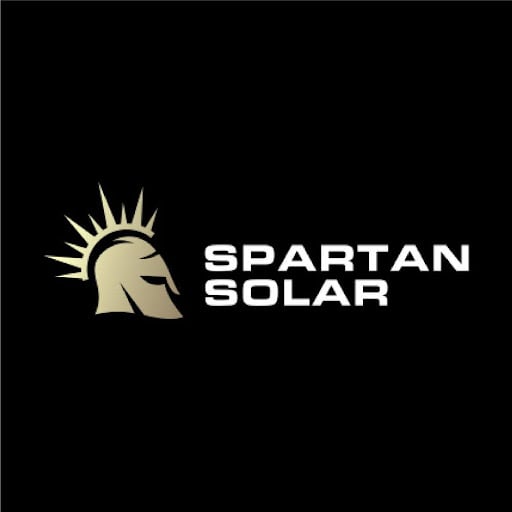
The Federal Investment Tax Credit (ITC) is one of the most impactful incentives for homeowners considering solar energy. It allows homeowners to install solar panels with little to no upfront costs while reaping long-term financial benefits. Yet, many homeowners have questions: What exactly is the ITC, and how does it work for me? This guide, courtesy of Spartan Solar, will break it all down to help you understand how the ITC can support your solar journey.
If you’d like to skip the reading, take a listen to the short video below!
What is the Federal Solar ITC?
The Investment Tax Credit is a federal incentive that reduces your tax liability based on your investment in qualifying assets—like solar energy systems. The IRS currently (as of this article’s publication) recognizes solar panel systems as eligible for a 30% tax credit on the system’s total cost. This credit directly reduces the amount of taxes you owe, meaning less money leaves your pocket at tax time.
To clarify, while solar systems are usually more cost-effective than relying on the utility grid, they still have a total cost. The ITC helps offset many expenses in that cost, allowing homeowners to install solar panels with no out-of-pocket costs in many cases. The system’s cost—clearly outlined in installation agreements—is the basis for calculating your tax credit.
How the ITC Works Based on Tax Situations
Tax situations vary, and the ITC applies differently depending on how you file your taxes. Below, we’ll explore how it works for W-2 employees and 1099 independent contractors. Please note: While these examples are simplified for clarity, you should consult a tax professional for advice specific to your situation.
ITC for W-2 Employees (Taxes Withheld from Paychecks)
If you’re a W-2 employee, your employer withholds taxes from every paycheck based on an estimate of your annual tax liability. At year-end, the IRS determines whether you overpaid (resulting in a refund) or underpaid (resulting in a bill). The ITC directly reduces the amount of taxes owed.
W-2 Example
- Homeowner A earns $52,000 annually and has a solar system installed costing $30,000.
- The ITC grants a credit equal to 30% of the system cost, or $9,000.
- Throughout the year, $13,000 in taxes were withheld from Homeowner A’s paychecks. However, with the $9,000 ITC, they only owed $4,000 in taxes.
- The IRS refunds the $9,000 overpayment, resulting in a nice check for Homeowner A from the IRS at tax time..
ITC for 1099 Contractors (Self-Employed or Independent Workers)
Unlike W-2 employees, independent contractors don’t have taxes withheld from paychecks. Instead, they estimate their tax liability and pay the IRS in quarterly or lump-sum payments. The ITC reduces their total tax bill, meaning they send less money to the IRS.
1099 Example
- Homeowner B earns $52,000 as an independent contractor and estimates a 25% tax liability, owing $13,000.
- They install a solar system costing $30,000, generating a $9,000 ITC.
- Instead of paying $13,000, they apply the $9,000 credit and owe only $4,000. The remaining $9,000 stays in their account, and both they and the IRS are happy at tax time.
Key Points to Keep in Mind
- Tax Liability is Essential: If you owe no federal taxes, the ITC won’t provide a benefit.
- Ownership Matters: To claim the ITC, you must own your solar panel system. Leased systems or PPAs don’t qualify.
- Consult a Tax Professional: The ITC’s impact varies based on individual tax situations. Always seek professional advice to maximize your benefits.
- The ITC is not permanent: Incentives are subject to change as legislation evolves, making it better to act sooner rather than later.
Making the Most of the ITC with Spartan Solar
Spartan Solar, prioritizes transparency and education, empowering homeowners to make informed decisions about their energy needs. Whether you’re just beginning to explore solar or ready to move forward, the ITC can significantly enhance your financial benefits and fully understanding it is vital.
Reach out today, to understand how solar can transform your home and your future.
Spartan Solar: https://www.spartansolar.earth/
Disclaimer
The information contained in South Florida Reporter is for general information purposes only.
The South Florida Reporter assumes no responsibility for errors or omissions in the contents of the Service.
In no event shall the South Florida Reporter be liable for any special, direct, indirect, consequential, or incidental damages or any damages whatsoever, whether in an action of contract, negligence or other tort, arising out of or in connection with the use of the Service or the contents of the Service.
The Company reserves the right to make additions, deletions, or modifications to the contents of the Service at any time without prior notice.
The Company does not warrant that the Service is free of viruses or other harmful components












